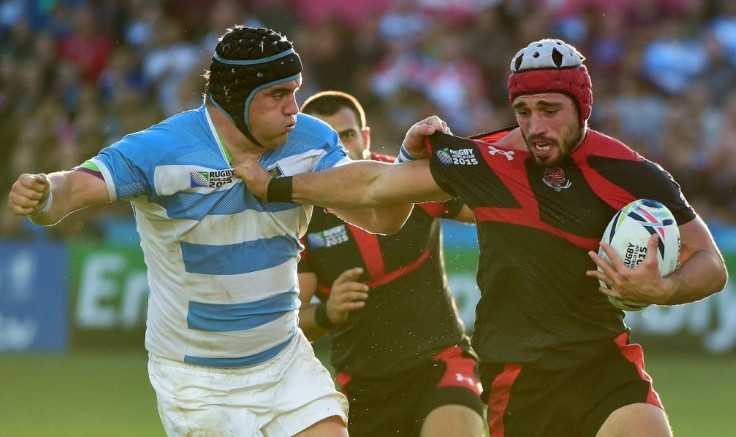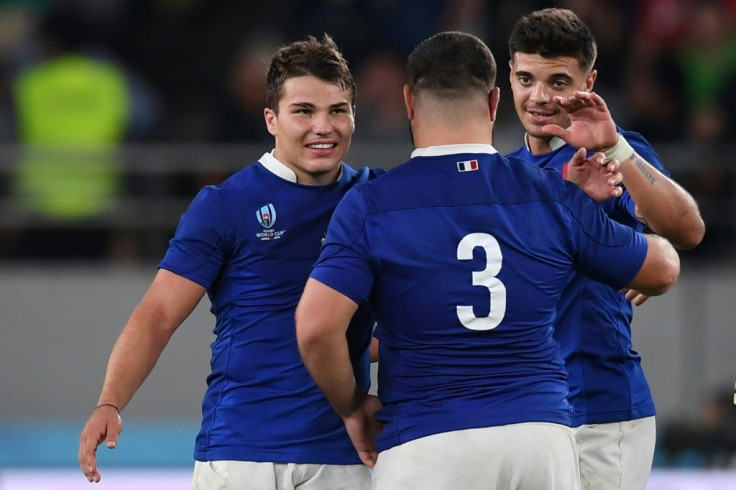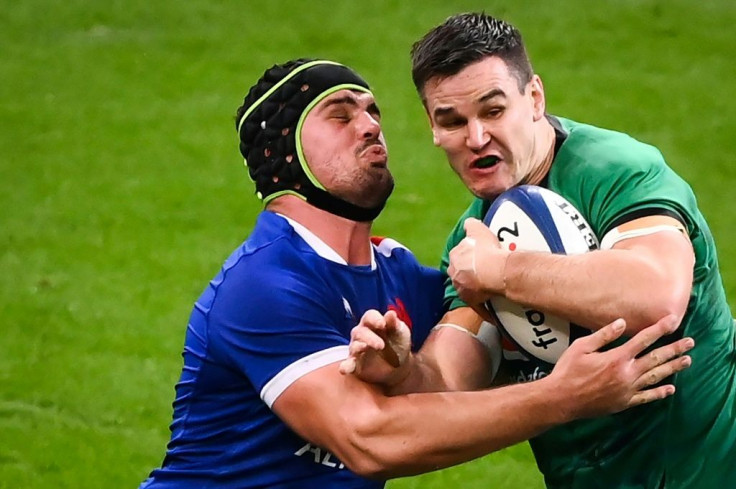Rugby Shake-up Goes On With New Autumn Nations Cup
The inaugural Autumn Nations Cup starts with Ireland facing Wales in Dublin on Friday as rugby union continues to deal with the fall-out from the coronavirus pandemic.
An eight-team event will feature Europe's leading six nations as well as Fiji and Georgia, who came in after Japan withdrew because of travel restrictions.
Teams will be split into two groups of four, with England, Wales, Ireland and Georgia forming one pool and Scotland, France, Italy and Fiji the other.
They will each play three group matches before the tournament ends on the weekend of December 5-6 with a final between the pool winners, while the other nations face a team in the same position in the other group to determine the minor placings.

The Autumn Nations Cup is a product of Covid-19.
It replaces the end of year schedule that usually sees southern hemisphere giants New Zealand, South Africa and Australia, none of whom are venturing across the Equator this time on health grounds, tour Europe.
Although Autumn Nations Cup matches are set to be played behind closed doors because of the virus, they will generate much-needed broadcast income.
England's Rugby Football Union, one of the game's wealthiest governing bodies, recently announced an annual loss of ?10.8 million ($13.9 million), with officials braced for more financial bad news in the next 12 months as a result of the pandemic.
Recently-crowned Six Nations champions England and a revived France will be favourites to reach the final.

French chances, however, may be hampered by a compromise deal struck in response to an expanded fixture list between the country's leading clubs and the French Rugby Federation which means Les Bleus' players can only feature in one Nations Cup match if they played against Wales and Ireland last month.
In the build-up to the 2023 World Cup in France, teams may try to develop their squad depth in the next few weeks.
England coach Eddie Jones has even spoken about playing nine forwards in his side's tournament opener against Georgia at Twickenham on Saturday, rather than the usual eight, in a bid to counter the physical Lelos' pack.
"Tradition says you have eight forwards and seven backs," said Jones. "When Barcelona beat Man United in the Champions League in 2009, they played the false nine.

"There's no reason why you can't do that in rugby and play a false 10 or a false winger."
But such experimentation is a luxury that Wales, on a run of five successive defeats under coach Wayne Pivac, may not be able to afford away to Ireland.
Monday saw Wales dispense with the services of defence coach Byron Hayward, who like Pivac joined after former boss Warren Gatland stood down following last year's World Cup.
"It was my decision," insisted Pivac of the move to ditch Hayward.
A perennial complaint of teams such as Fiji and Georgia is that, because they are not involved in a major annual tournament, they are deprived of matches against leading nations in between World Cups.

At 11th and 12th respectively in the world rankings, they are both better placed than perennial Six Nations strugglers Italy (14th) which makes the Azzurri's match against Fiji on November 21 a much-anticipated clash.
Performance, rather than results, may be the best way to gauge Fiji and Georgia's efforts, with the Georgians hammered 48-7 by Scotland last month.
"When we finish this tournament, if we know we are a better team than before the start then we have had a successful Autumn Nations Cup," said Georgia captain Merab Sharikadze.
"I am pretty sure we will. We are very motivated."
jdg/bsp
© Copyright AFP 2024. All rights reserved.





















